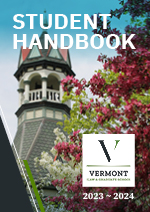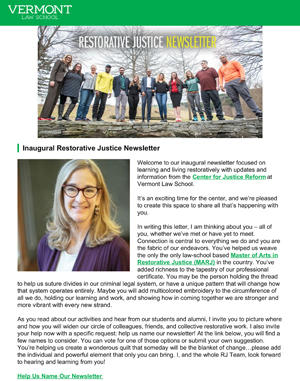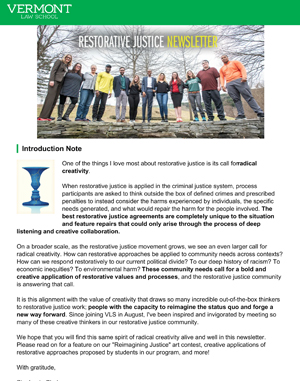About This Class
This course examines legal structures that social and environmental enterprises currently use to accomplish their missions-nonprofit organizations, traditional for-profits, L3Cs, B Corporations, cooperatives and other business forms that place "Planet" and "People" ahead of or on an equal footing with "Profit." The course contemplates the advantages and disadvantages of using these forms to accomplish these missions, how they should be adopted or modified, and whether society should devise other structures to further these missions. Students will examine these issues through the lens of four existing organizations-1) a for-profit, 2) a nonprofit, 3) a hybrid, and 4) a cooperative or employee owned organization. Evaluation will be on student participation in the classroom, the discussion forums, and a Wiki that describes the ways other organizations handle these issues (50%). Students will also write a final White Paper on ways public policy towards social and enterprises should be improved (50%).
*PLEASE NOTE: This course will be a hybrid distance-learning/in person class. We will meet twice in person and virtually the rest of the semester, using the Blackboard (Lexis Nexis) platform. We will make active use of videoconferencing, wikis, blogs, and discussion forums. Vermont Law School students will join students from William and Mary Law School and George Mason's Public Administration School and Masters in Social Entrepreneurship Program in this hybrid course.
Explores which legal rules can best further enterprises that are designed to engage in profit-making activities for the purpose of promoting social goals. Will examine ways to define social enterprises; and ask whether traditional for-profit or non profit business forms can accommodate these dual mission companies or whether a new hybrid business form is needed.


















